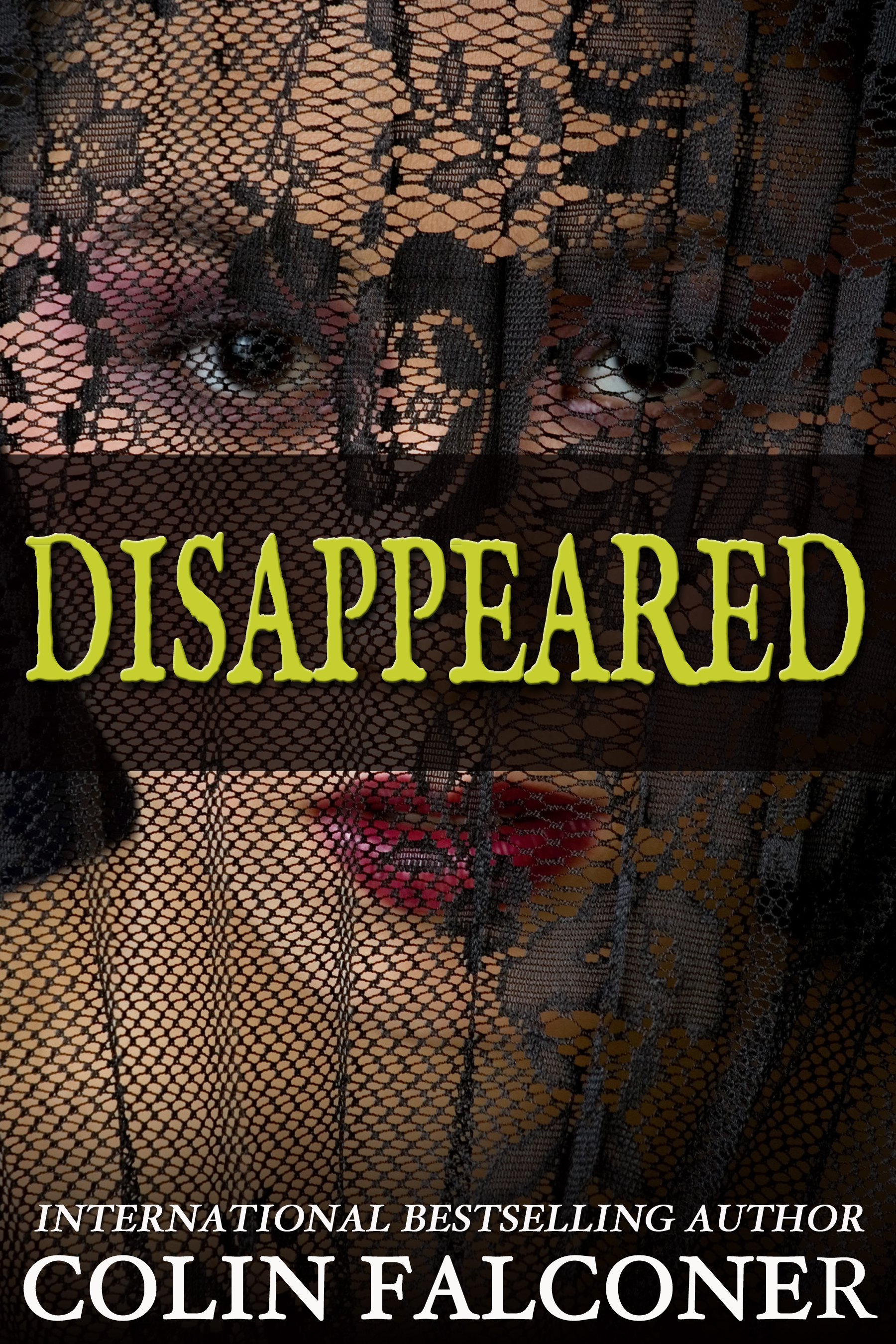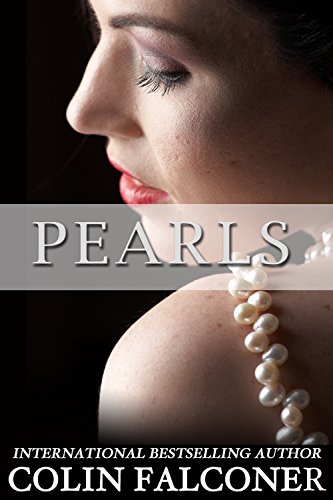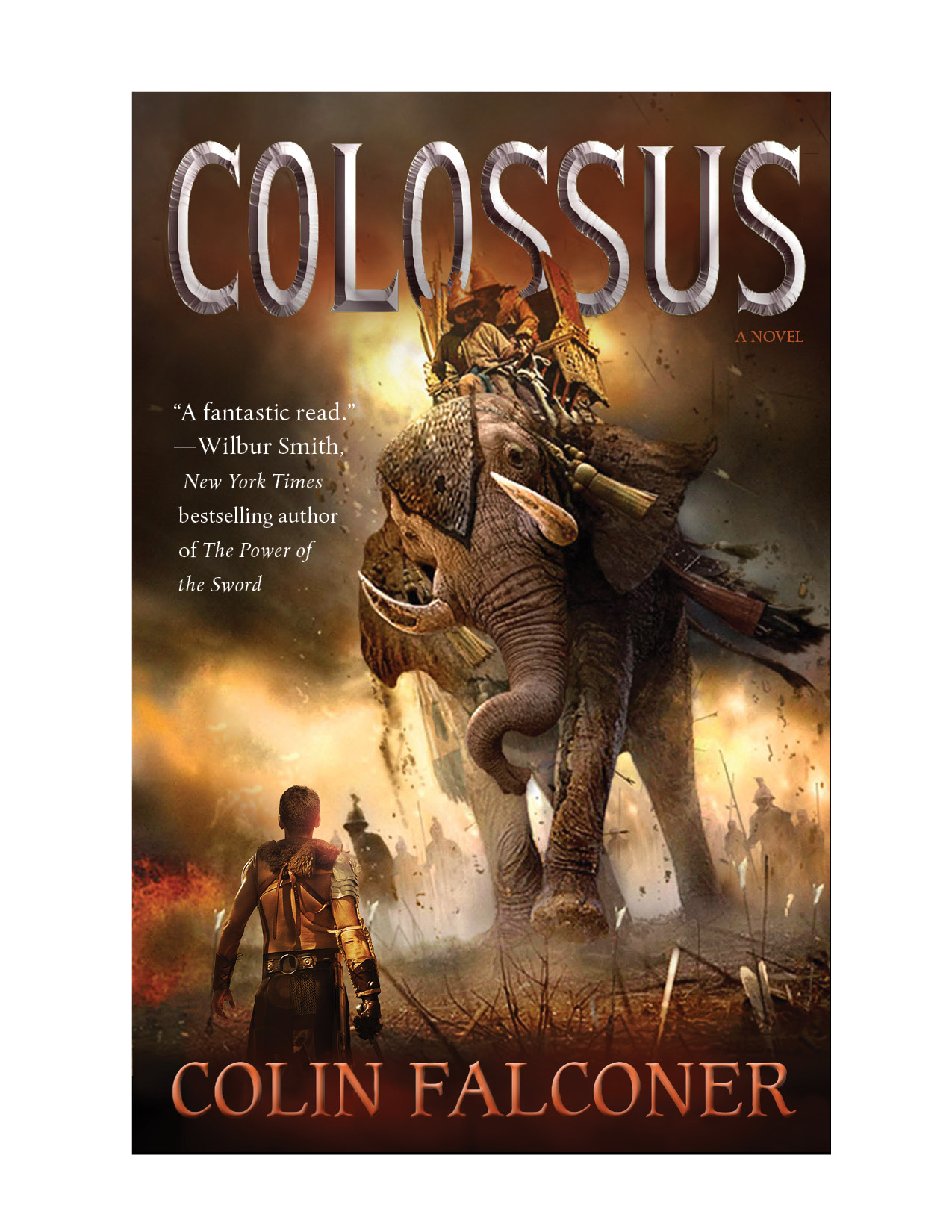Come and join me at the Falconer Club, for selected excerpts and to get free Exclusive Review Copies of my books. JUST CLICK THE FACEBOOK LOGO AT TOP RIGHT!
Most writers work so hard to be famous. We study the craft, we self promote, we tweet. But sometimes Fame happens despite our best efforts to avoid it.
Frank Kafka, a testament to self belief
Franz, for example, was an insurance clerk who wrote short stories in his spare time and constantly complained that his day job left him too little time for his ‘calling.’
Only a few of his works were published in his lifetime - perhaps because they were surrealistic and deeply disturbing. One was about a scientist who wakes up one morning and discovers he has turned into a cockroach.
Franz thought his stuff was so bad he asked his best friend and the executor of his estate, Max Brod, to destroy all his manuscripts upon his death. Max promised him faithfully - then reneged, and published posthumously everything Kafka asked him not even to read.
Franz Kafka is now considered one of the most influential authors of the 20th century, his work is said to have influenced Camus, Sartre, Nabokov, J.D. Salinger, García-Márquez and Bukowski.
Because sometimes those closest to us are right when we’re wrong.
Stephen King might never have become Stephen King if it weren’t for Tabitha, his wife. He had three unpublished novels in his bottom drawer when he wrote the first three pages of “Carrie,” intending it as a short story for ‘Cavalier’ magazine.
At the time he was living in a trailer in Maine and writing on a portable typewriter - and even that belonged to Tabitha.
King tossed ‘Carrie’ in the garbage but Tabitha fished the pages out, read them and told him to finish it, then advised him to turn it into a novel. “I persisted because I was dry and had no better ideas… my considered opinion was that I had written the world’s all-time loser.”
Moral: always listen to your wife.
Spouses certainly have a big part to play in the success of many famous writers.
When Margaret Mitchell badly injured her ankle in an automobile accident (this was in the twenties before automobiles became cars) she decided to pass her convalescence lying on the couch reading.
Her husband, John, got tired of lugging home armfuls of library books and said: “For God’s sake, Peggy, can’t you write a book instead of reading thousands of them?”
He even gave her a Remington Portable typewriter.
So for three years Mitchell worked on a Civil War novel about a woman named Pansy O’Hara and the whole world gave a damn.
She just wrote for her own amusement, not to be famous and write a book everyone recognizes and talks about eighty years later.
In a similar vein, Charles Lutwidge Dodson made up a story to keep his niece amused. Well, sort of.
She wasn’t really his niece.
If you don’t know, I hate to tell you, but it’s best you heard this first from a friend: the Victorians weren’t as Victorian as we are led to believe.
Arthur liked to take pictures of naked underage girls and contemporary society saw nothing wrong in this. One of these girls was ten year old Alice Liddell, and one day he made up a story for her, and she made him promise to write it down and so he did.
Alice in Wonderland. Photograph by Lewis Carroll.
He was even encouraged to take it to a publisher and deliver it by hand. (You could do that in those days.)
When it was published, ‘Alice in Wonderland’ by Lewis Carroll propelled Arthur to superstardom. Queen Victoria herself even asked him if he would dedicate his next book to her. (No naked pictures though.)
So one of our best loved children’s stories was written by a … by a … mathematician. Anything else he might have been - (and this is another of his photographs) well, it’s not proven, any more than they proved anything about Michael Jackson’s sleepovers.
Let the dead rest. I’m not going any further down that rabbit hole.
If you want the truth, go ask Alice.
One of the most famous writers of the sixties and seventies did everything he could to burn his reputation and get fired - and only succeeded in making himself a household name.
So I guess by that standard he was a failure.
Commissioned by Rolling Stone magazine to write an expose about how the LAPD had shot and killed a TV journalist during an anti-war rally in Las Vegas in 1970, he also accepted a commission to write a 250 word pictorial piece about the ‘Mint 400’ desert bike race for Sports Illustrated while he was there.
Except what he REALLY did was use his $300 advance from Sports Illustrated to buy a boot full of recreational drugs, including LSD, ether, mescaline, amyl nitrate and tequila.
Pressed on his deadline he ripped some pages out of his diary and sent his editors those.
The journal described some of his experiences taking the drugs instead of taking photographs of the bike race.
Sports Illustrated rejected them; Rolling Stone magazine published them.
This was the genesis of “Fear and Loathing in Las Vegas” which Tom Wolfe described as as a “scorching epochal sensation”. Instead of becoming unemployable, Hunter S Thompson became the voice of a generation.
But I don’t recommend you try this at home, folks. Hunter had a hell of a constitution.
So go on Facebook, write your own Amazon reviews, send out spam till your fingers bleed, run naked through the Washington Monument (now that might work!) but in the end I suspect that if Fame wants to find you, it knows right where you live, and deadbolts aren’t going to keep it out.
In the meantime, (sigh), it’s back to Twitter.
When fiery and idealistic Kitty O’Kane escapes the crushing poverty of Dublin’s tenements, she’s determined that no one should ever suffer like she did. As she sets out to save the world, she finds herself at the forefront of events that shaped the early twentieth century. While working as a maid, she survives the sinking of the Titanic. As a suffragette in New York’s Greenwich Village, she’s jailed for breaking storefront windows. And traveling war-torn Europe as a journalist, she’s at the Winter Palace when it’s stormed by the Bolsheviks. Ultimately she returns to her homeland to serve as a nurse in the Irish Civil War.
During Kitty’s remarkable journey, she reunites with her childhood sweetheart, Tom Doyle, but Tom doesn’t know everything about her past—a past that continues to haunt her. Will Kitty accept that before she can save everyone else, she needs to find a way to save herself? Or will the sins of her past stop her from pursuing her own happiness?
Come meet me at the Falconer Club, for exclusive excerpts and the chance to win copies of my books. JUST CLICK THE PICTURE ABOVE!















December 10, 2012 at 1:19 pm
Always listen to your wife.
There, I said it.
😉
December 13, 2012 at 2:17 pm
It’s a great rule for life!
December 10, 2012 at 9:20 pm
Hmm. I think I’m going to have to look into some different ways to become famous. 🙂
December 13, 2012 at 2:17 pm
I don’t like Kafka’s method much though, Kristy!
December 13, 2012 at 6:47 pm
Oh I meant ways that are different than what these guys did. Even King. Although I do enjoy his interviews, and get a kick out of watching videos of his band on YouTube. 🙂
December 11, 2012 at 6:00 pm
My wife is the one who encouraged me not to give up….
December 13, 2012 at 2:19 pm
Well as Liv says: ‘Always listen to your wife!’ Stephen King would agree.
December 12, 2012 at 5:45 am
I am officially disturbed about Alice in Wonderland. Ick!
My husband has always told me to self-publish, so we’ll have to see if your advice of always listen to your spouse pans out! 🙂
December 13, 2012 at 2:21 pm
I hope so, Lara - tenacity and someone encouraging me all the way certainly always helped me.
August 30, 2017 at 11:25 pm
Another great post. Thanks! As usual, I learned some things I did not already know.
The new book sounds really good. Love the cover. Congrats!